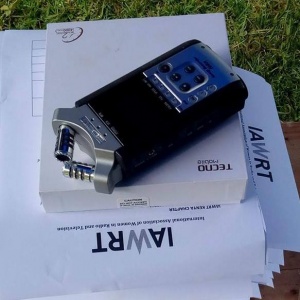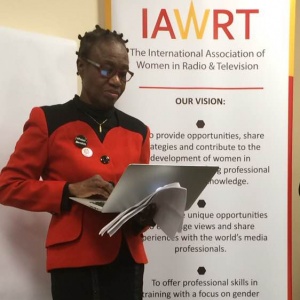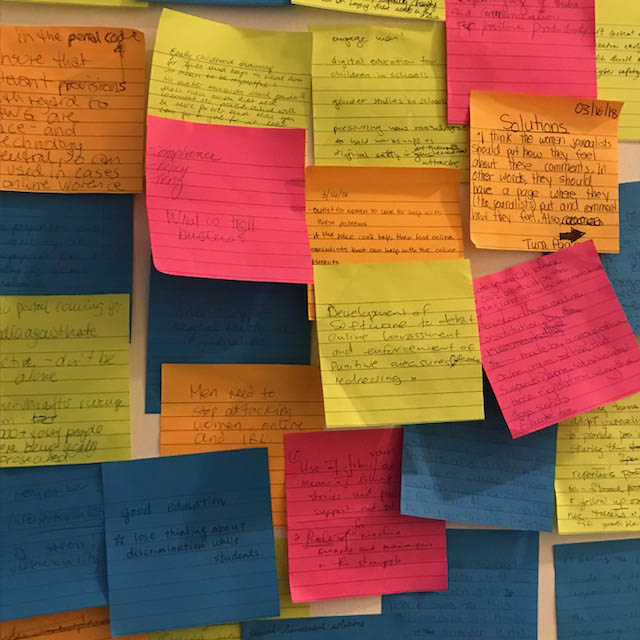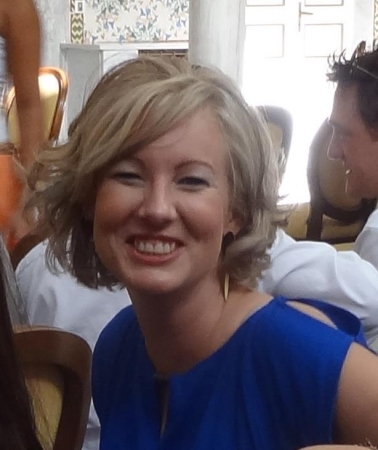.Violet Gonda President IAWRT, Abeer Saady Vice President IAWRT

This web page is a continuation of IAWRT’s work to give women media workers concrete and practical resources to keep them safe.
We began with safety training workshops and in 2017, IAWRT produced the first edition of our safety handbook of advice and recommendations, This safety section is the next step.
As the targeting of journalists and free media continues to rise across the world, particularly in the online environment and local or regional media, attacks specifically directed at women journalists keep increasing. IAWRT wants to continue to share strategies and provide useful information which can bolster safety.
“We are proud that IAWRT is among a number of organisations prioritising the critical issue of safety for women journalists” says IAWRT President, Violet Gonda. “We hope our new online safety section will provides further insights into coping with danger, focusing on critical skills, including risk assessments, handling gender-based violence and dealing with trauma, among other safety related issues.”
The author of the handbook, Abeer Saady, is pleased at the interest the handbook has generated, “I look forward to our website offering translations into other languages; several are being planned by IAWRT chapters” she says.
In this page we will post relevant news and links to other resources, but more importantly, provide a forum for sharing personal experiences or advice which comes from your experience as women journalists in a range of situations and countries.
As Abeer said in the introduction to the safety handbook, “we cannot undo our lives, but can ensure others don’t repeat our bad practices or choices”.
Please feel free to contact [email protected] or [email protected] to make a suggestion.




 The panel highlighted key solutions which included:
The panel highlighted key solutions which included: 






